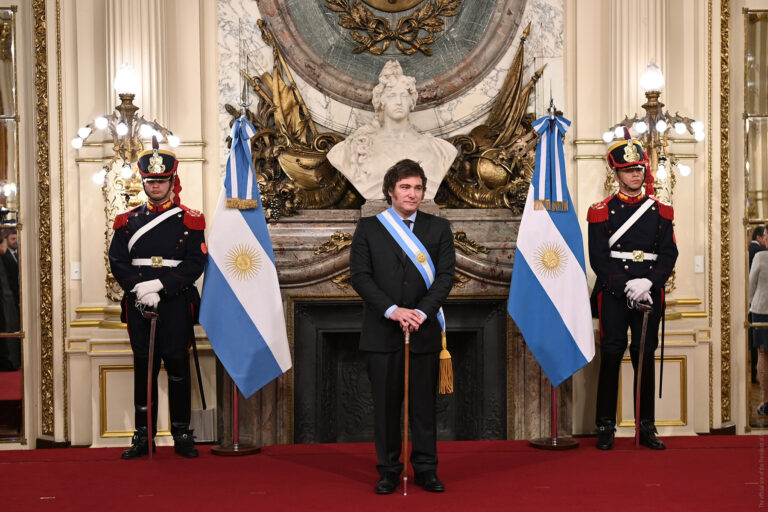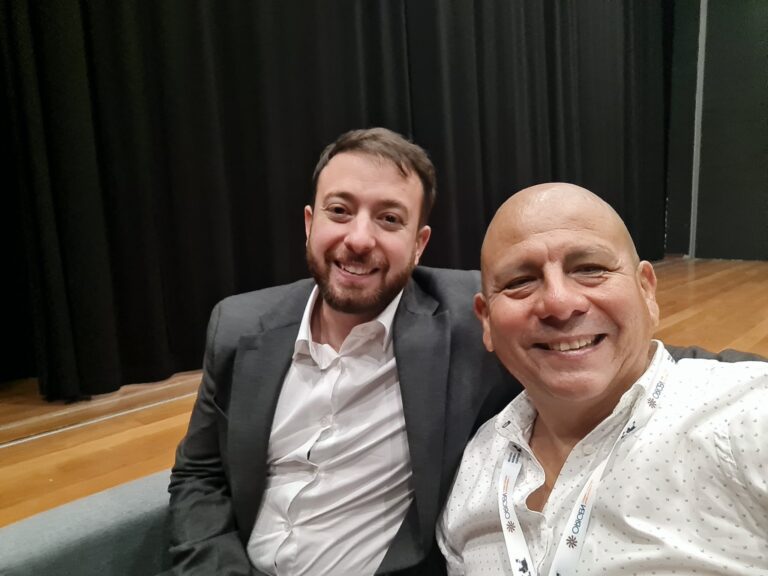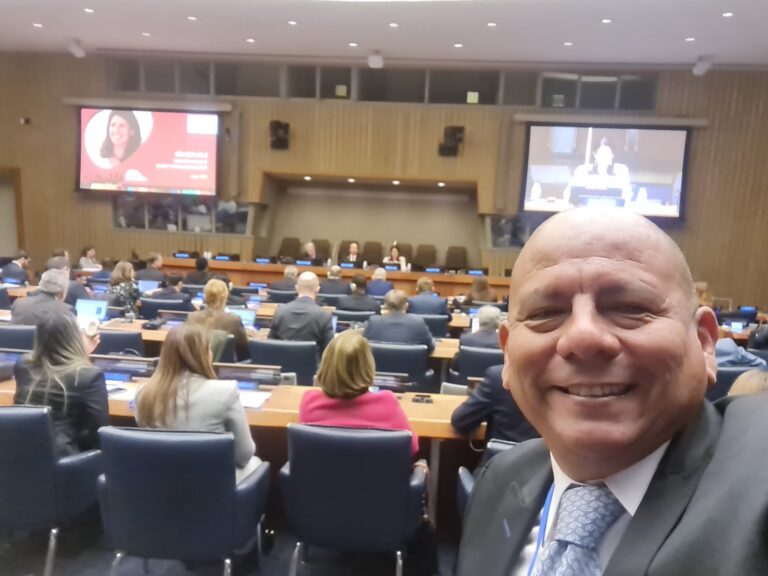In 1998, responding to years of criticism of its involvement in China’s one-child policy, the United Nations Population Fund (UNFPA) announced it was withdrawing from all but 32 of China’s counties. While there was coercion in other parts of China, the UNFPA now admitted, these 32 counties would be a safe haven for mothers and babies. There would be no forced abortions and no forced sterilizations, no targets and no quotas. In these “no-coercion” counties, women would be free to decide for themselves when to have children.
This all sounded too good to be true. So we decided to send in a team of researchers, led by Josephine Guy, director of governmental affairs for America 21, to see what the real situation was. Last month, Josephine traveled to the Chinese province of Guangdong, to the county of Sihui, one of the UNFPA’s “no-coercion” counties.
The Evidence
Josephine found evidence of coercion all around. Everyone she spoke had a story to tell — a sister who had been sterilized, a friend who had been forcibly aborted. People spoke of women who had gone underground to save their babies, and of family members arrested and homes destroyed in an effort to force them out of hiding. Young women told of how they had been ordered in for abortions, because they had conceived children before the legal age of marriage. There is no voluntarism in Sihui, Josephine concluded. (For Josephine’s full report, see page 3.)
On her last day in Sihui, Josephine inquired about the location of the UNFPA office. She found it in the heart of China’s local family planning bureaucracy — the Chinese family planning office in the county government office building. In fact, the UNFPA representative sits face-to-face with Chinese Communist family planners, the same ones who abort and sterilize young women against their will. Their desks actually touch! China and the UNFPA literally work hand-in-glove to drive down the local birth rate by all means possible.
When Congressmen Henry Hyde (R-IL) and Christopher Smith (R-NJ) heard of PRI’s investigation in China, they immediately moved to hold a hearing of the International Relations Committee of the US House of Representatives. The committee, led by Chairman Hyde and Vice Chairman Smith, assembled on October 17, 2001, to listen to testimony by Josephine Guy on the results of her investigation in-country, and from PRI President Steve Mosher on the history of China’s one-child policy and UNFPA involvement in same. The Committee also took testimony from human rights activist Harry Wu, and Yemlibike Fatkulin, who spoke on the enforcement of the one-child policy on the Uyghur population in Eastern Turkistan, also known as Xinjiang, China.
UNFPA Absent
Conspicuously absent from the hearing was a UNFPA representative. The Executive Director of that organization, Thoraya Obaid, had been invited to testify, but she declined to appear or to send a representative. Her sole communication was a letter addressed to Chairman Hyde which repeated the usual UNFPA claims that its programs are strictly voluntary and that it does not support coercion.
As a result of the hearing, UNFPA’s funding from the US government is now at risk. The Senate recently increased last year’s $25 million appropriation to $39 million, while the House of Representatives has maintained the current level. The two houses of Congress will soon meet in conference committee to reconcile this difference. It is not clear as we go to press what the outcome of their deliberations will be, although the bill that goes to the President for his signature will probably contain a UNFPA appropriation of between $25 and $39 million. (The lower amount would be a victory.)
In an interesting side note, a man claiming to represent UNFPA contacted PRI after the hearing. This individual asked for the names and locations of the women PRI interviewed, saying that UNFPA wanted to conduct its own investigation into abuses in its “no-coercion” counties in China. We declined to share this confidential information, citing the need to protect our informants from government retaliation. But we did offer to accompany representatives of UNFPA to China to help them find instances of coercion in the areas they are active. To date, UNFPA has not responded to our offer.
Meanwhile, PRI’s investigations in China and other countries where UNFPA is active continue.










